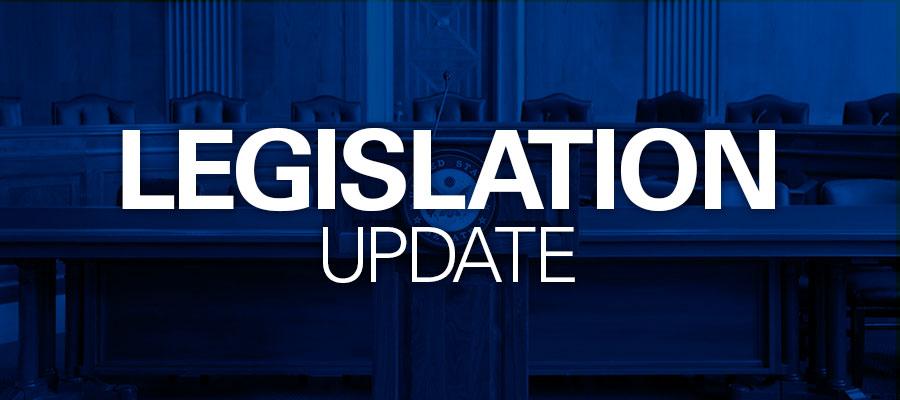House passes Build Back Better Act with significant health care provisions

The House of Representatives today voted 220-213 to pass a modified version of the Build Back Better Act (H.R. 5376), a roughly $1.75 trillion social spending package that includes many health care provisions. The bill, which is being considered under reconciliation procedures, is likely to undergo significant changes as it moves through the Senate in the coming weeks.
Among other provisions, the bill would:
- Expand access to coverage, including through a temporary coverage solution for individuals who fall into the Medicaid coverage gap and expansion of subsidized health insurance marketplace coverage;
- Penalize states that have not expanded Medicaid by reducing their federal Medicaid DSH allotment and limiting their use of uncompensated care pools;
- Authorize a number of programs to improve maternal and child health; and
- Make additional investments in workforce training, including education and loan repayment and expansion of Medicare-funded residency slots.
In statement shared with the media, AHA President and CEO Rick Pollack said, “The AHA supports many parts of the Build Back Better Act that would advance health in our nation’s communities. These provisions include expanding access to coverage through subsidized health insurance marketplace plans and investing in workforce training. In particular, we appreciate expansion of Medicare-funded physician residency slots and Pathway to Practice, which promotes physician diversity and improves access to physicians in communities dealing with sustained hardship. We also applaud the investments to improve maternal and child health.
“However, while we appreciate the goal of increasing coverage to residents in states that did not expand their Medicaid programs, it should not come at the expense of vital funding to hospitals and health systems located in those parts of the country that serve a large number of children, the poor, the disabled and the elderly. These cuts are unacceptable, especially while hospitals remain on the front lines of fighting COVID-19 and the deadly Delta variant.
“In addition, we are disappointed the House did not include critical funding for hospital infrastructure improvements through the Hill-Burton Act, as they did in an earlier version of the legislation.
“We look forward to working with the Senate to improve this bill.”

